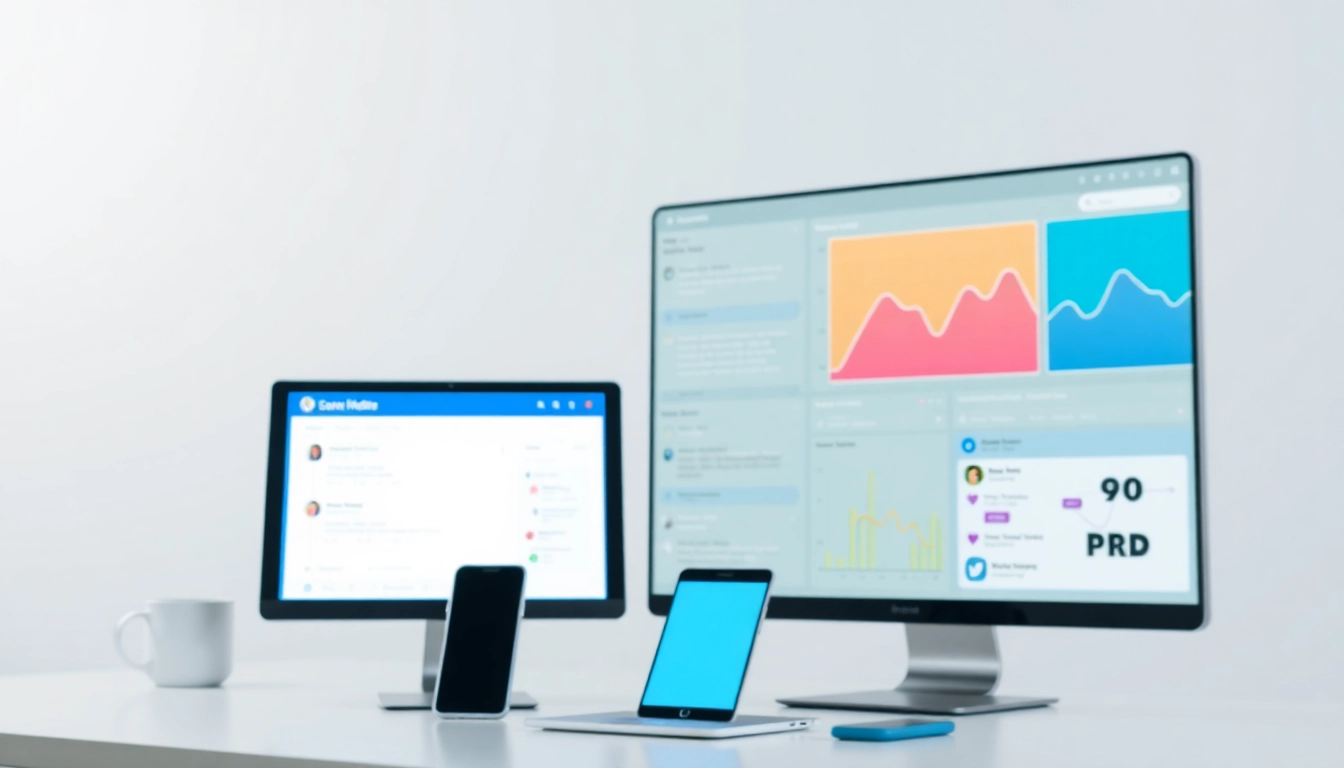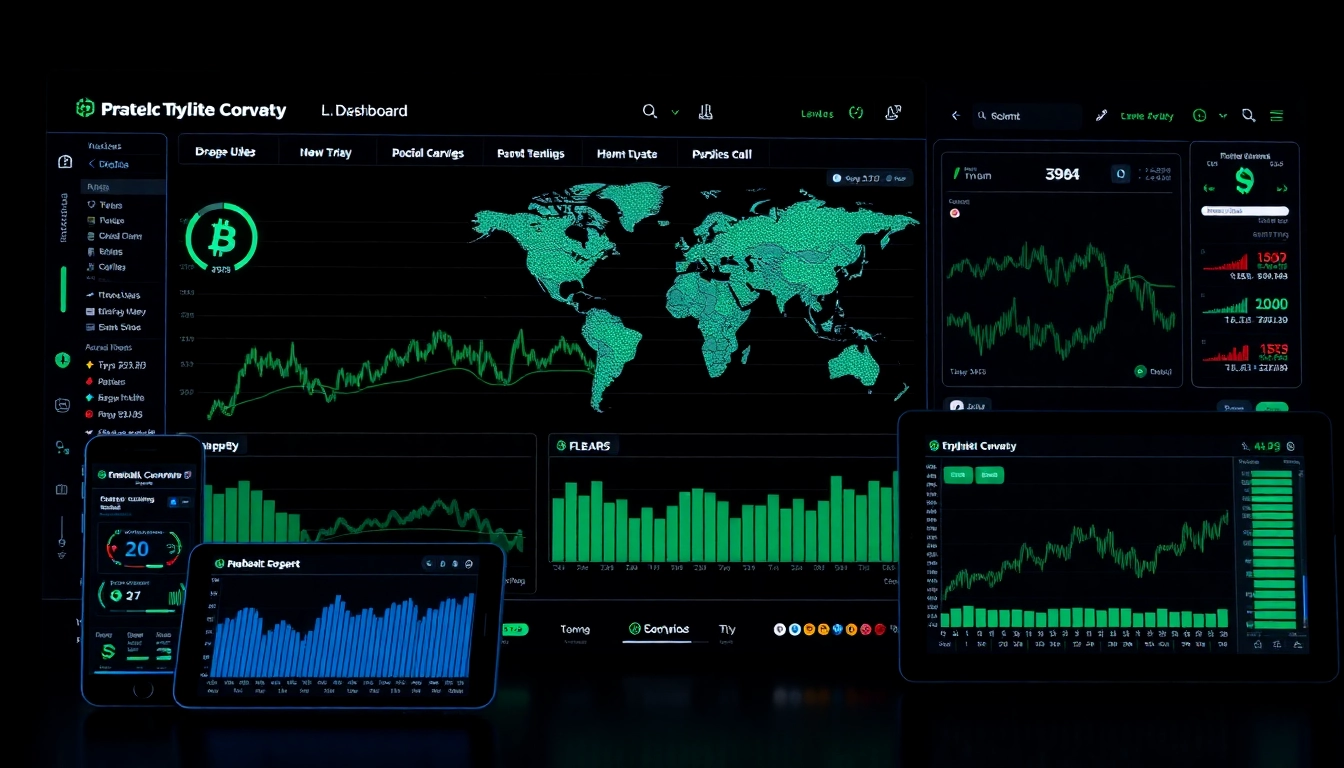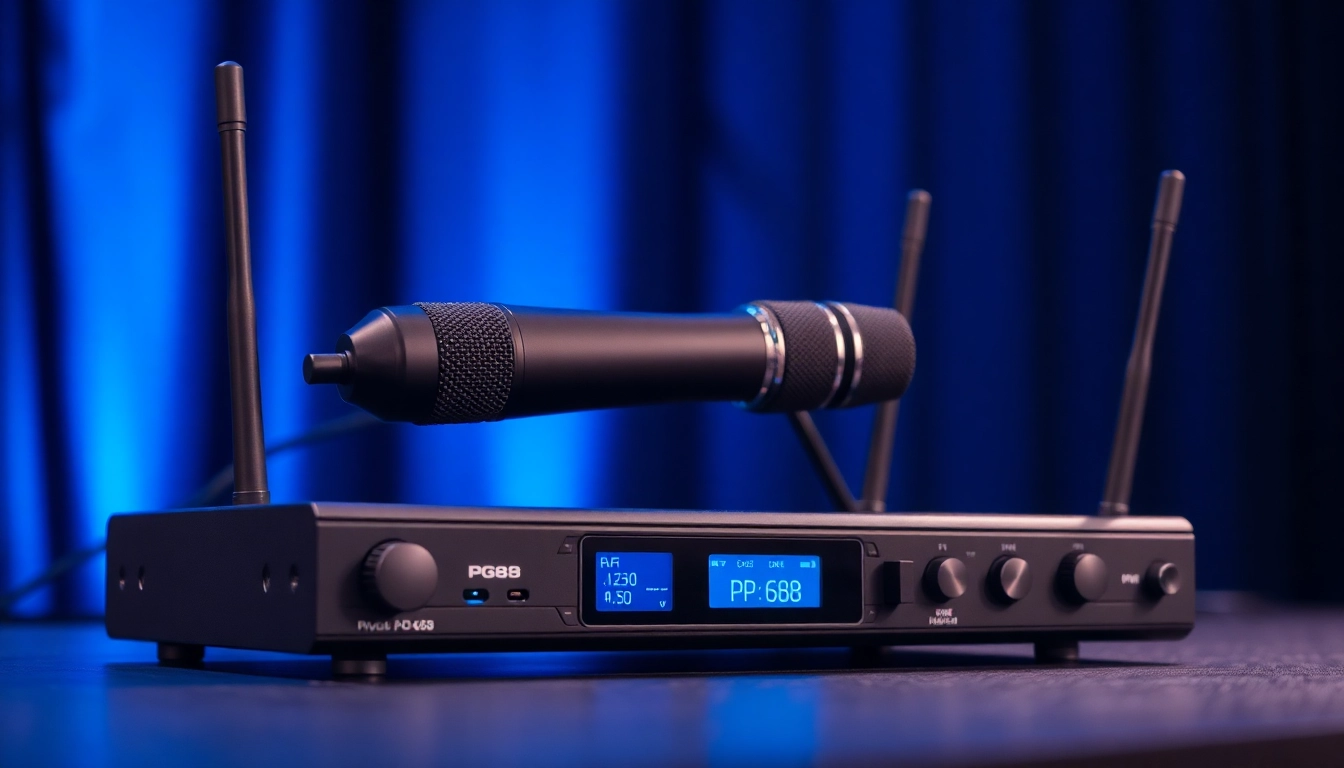Understanding the Importance of Social Network Updates
In the dynamic realm of digital marketing, staying visible and relevant is paramount. Central to this effort are social network updates—timely, strategic posts that keep your brand in the conversation. For businesses aiming to enhance engagement and foster community, understanding the significance of consistent and meaningful updates is crucial. When executed thoughtfully, Social Network Updates serve as a bridge between your brand and your audience, reinforcing your message and encouraging interaction.
What are social network updates and why they matter
Social network updates encompass the various types of content—text, images, videos, links—that brands publish across social media platforms such as Facebook, Twitter, LinkedIn, Instagram, and TikTok. These updates are vital because they keep your brand top-of-mind, showcase your expertise, promote products or services, and humanize your company. Consistent updates foster trust and build brand equity, making your audience more likely to engage, share, and convert into loyal customers.
Impact of timely updates on audience engagement
Timing plays a critical role in maximizing the impact of your social network updates. Posting when your audience is most active increases visibility and interaction rates. For instance, research shows that engagement peaks during certain hours depending on the platform and target demographic. Regular, well-timed updates create a reliable touchpoint, encouraging followers to anticipate and look forward to your content. This consistent presence builds rapport, enhances brand recall, and can significantly influence purchase decisions.
Aligning updates with your digital marketing goals
Every social update should serve a clear purpose aligned with broader marketing objectives—whether that’s brand awareness, lead generation, customer support, or community building. Strategic planning ensures that each post reinforces your messaging, promotes your campaigns, and contributes to your sales funnel. For example, promoting a new product through engaging videos or customer testimonials can directly impact conversions. Clear alignment makes your social efforts more effective and measurable.
Best Practices for Creating Effective Social Network Updates
Crafting compelling and concise content
Effective updates communicate your message clearly and compellingly. Brevity is key; social media users scroll quickly, so capturing attention within seconds matters. Use powerful headlines, engaging visuals, and a conversational tone to resonate with your audience. Incorporate storytelling elements to evoke emotions and inspire action. For instance, sharing a behind-the-scenes story about your team or highlighting customer success stories can create authenticity and foster deeper connections.
Designing visually appealing posts
Visual content significantly boosts engagement rates. Use high-quality images, branded colors, consistent fonts, and eye-catching infographics to enhance your posts. Videos, especially short-form clips, are highly effective in conveying messages quickly. Interactive elements like polls or carousel posts can further increase participation. Remember, a well-designed post not only attracts attention but also delivers your message visually, making it easier to understand and remember.
Timing and frequency for maximum reach
Optimal timing varies by platform and audience demographics, but data indicates certain general principles. For example, posting during mid-morning or early evening often yields higher engagement. Use analytics tools to identify your audience’s active hours and adjust your schedule accordingly. Frequency is equally important; posting too often can lead to fatigue, while infrequent updates may cause your audience to forget you. Experimentation and continuous monitoring help find the right balance for your brand.
Tools and Techniques to Manage Social Network Updates
Utilizing scheduling and automation platforms
To maintain consistency and efficiency, leverage platforms like Hootsuite, Buffer, or Sprout Social. These tools allow you to plan, schedule, and automate your posts across multiple channels from a single dashboard. Automation minimizes manual effort and ensures your updates go live at optimal times, even during non-working hours or weekends. Additionally, some platforms offer content recycling features, keeping your evergreen content in circulation without extra effort.
Monitoring real-time performance metrics
Real-time analytics are essential for assessing the effectiveness of your updates. Track metrics such as reach, impressions, shares, comments, and click-through rates to gauge performance. Many management platforms provide dashboards that display these insights instantly, enabling you to make swift adjustments. Monitoring these metrics helps identify what resonates with your audience and informs future content planning.
Analyzing user engagement patterns
Deep analysis of engagement patterns reveals when your audience is most active and receptive. Utilize platform insights or third-party tools to analyze data such as peak activity times, device usage, and content preferences. Segmenting your audience allows for tailored updates that increase relevance and engagement. For example, younger audiences may prefer short videos in evenings, while professional groups may engage more during lunchtime.
Overcoming Challenges and Avoiding Common Pitfalls
Handling negative feedback and comments
Negative comments are inevitable but manageable. Respond promptly and professionally, addressing concerns with empathy and transparency. Avoid deletion unless comments violate platform policies. Turning negative feedback into opportunities for constructive dialogue can enhance your brand’s reputation. Implement monitoring tools to catch issues early and maintain a positive online presence.
Maintaining brand consistency across platforms
Consistency in tone, visuals, and messaging is vital for brand recognition. Develop comprehensive style guides and standardized templates for your posts. Regular audits ensure your updates align with your brand identity. Cross-platform consistency reinforces trust and professionalism, preventing confusing or conflicting messages.
Adapting to algorithm changes and platform updates
Social media platforms frequently adjust their algorithms, impacting your organic reach. Stay informed about these changes through official channels and industry news. Adapt your strategies accordingly—enhance content quality, prioritize engagement, and diversify your content types. Experimentation and agility enable you to maintain optimal visibility despite platform modifications.
Measuring the Success of Your Social Network Updates
Key performance indicators to track
Effective measurement involves tracking KPIs aligned with your goals. Common indicators include engagement rate (likes, comments, shares), reach, impressions, click-through rate (CTR), and conversion metrics such as sign-ups or sales. Tracking these provides insight into what drives audience interaction and conversions.
Using insights to refine your strategy
Data-driven insights facilitate continuous improvement. Analyze top-performing posts to identify successful formats and topics. Adjust your content calendar based on seasonal trends, audience preferences, and performance data. Regularly testing new approaches—like different formats or posting times—enables you to optimize results over time.
Case studies of successful update campaigns
Consider a brand that increased engagement by 40% through a series of targeted video updates during peak hours identified via analytics. Or a retailer that doubled its click-through rates by refining its messaging based on audience segmentation insights. These real-world examples demonstrate the importance of strategic planning, consistent execution, and continuous refinement.



